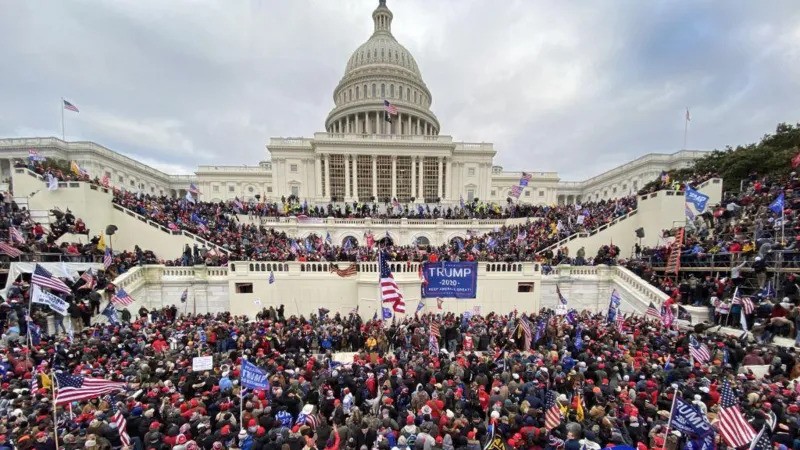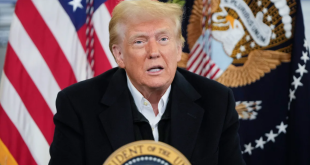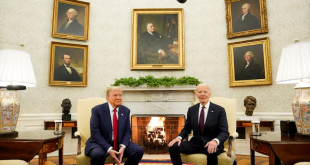
As the 2024 U.S. presidential election draws nearer, election officials and watchers remain alert to the unique complexities that could affect certification and inauguration procedures. Reforms have tightened some processes since the last election, but new challenges may still arise.
Electoral Challenges and Reforms
During the 2020 election, then-President Donald Trump urged his Vice-President, Mike Pence, to reject the certified results of several states, a request Pence ultimately refused. Despite Trump’s continued objections and the disruption caused by the January 6 Capitol riot, Congress resumed its proceedings to count electoral votes. However, 147 Republican lawmakers still voted unsuccessfully to overturn Trump’s loss.
Since then, the U.S. has implemented reforms to clarify and strengthen election certification processes. These updates make it more difficult for members of Congress to object to results already certified by individual states and explicitly confirm that the vice-president has no unilateral power to reject electoral votes.
Despite these changes, some election experts anticipate that certification delays could still emerge at local and state levels during the 2024 election. Questions have also arisen regarding candidate acceptance of the final results; Trump, his running mate J.D. Vance, and several other key Republicans have notably avoided unequivocally confirming they will accept the election results if they lose.
What Happens in a Tie?
A rare yet theoretically possible scenario is an electoral tie, where both candidates receive exactly 269 electoral votes. In such a case, the U.S. House of Representatives, the lower chamber of Congress, would conduct a contingent election to choose the president. Meanwhile, the Senate, as the upper chamber, would vote to select the vice-president. This process has not been required in nearly two centuries.
Presidential Inauguration Day 2025
Regardless of potential delays or legal challenges, the new president’s inauguration is set for Monday, January 20, 2025, on the grounds of the U.S. Capitol in Washington, D.C. This event, marking the 60th presidential inauguration in American history, will include the swearing-in of the president and an inaugural address. The incoming president will take the oath to uphold the U.S. Constitution, officially beginning a new term.
As election day approaches, these procedural frameworks and historical contingencies underscore the importance of election integrity and the democratic process in America’s leadership transition.
 Tox You It's all about earning solutions, News, Entertainment
Tox You It's all about earning solutions, News, Entertainment



